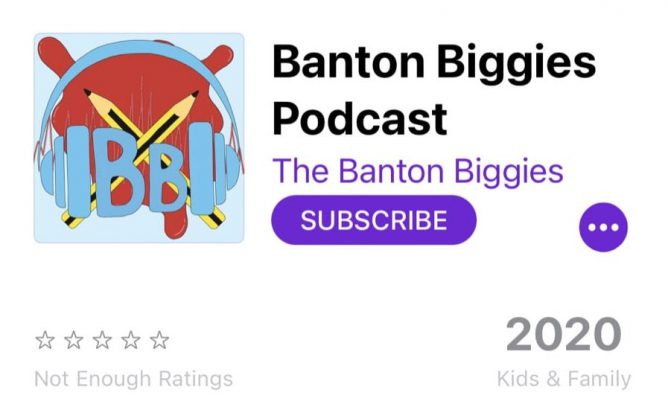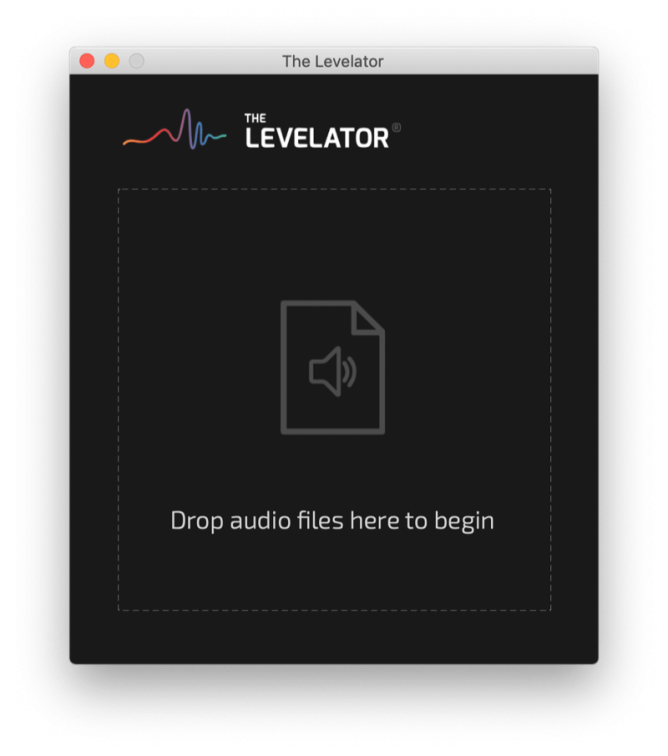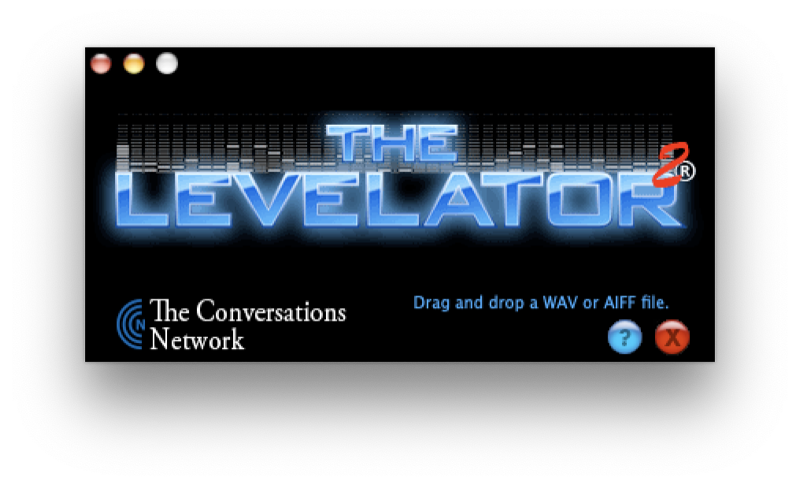I started a podcast in my previous school in 2005 which produced episode fairly regularly until 2008 when I moved to a development officer post in North Lanarkshire.
I found podcasting to really worthwhile, fun and motivating. It involved children in all sorts of learning and created many opportunities.
I’ve also produced a fair number of podcast over at EduTalk and play with microcasting here.
I spent a fair bit of time in my development post trying to encourage the practise. Ironically I had more luck with video podcasting and for a while we had a Mac server running podcast producer which could server audio and video podcasts.
When I started work on Glow I was particularity keen to promote podcasting using Glow Blogs but didn’t see a lot of uptake.
Since returning to class in 2016 I’ve had podcasting in the back of my mind, we have, I think, posted the odd bit of audio to our class blog but until now now made a big deal of podcasting.
This session I decided to get it into our plans covering in particular:
By experiencing the setting up and running of a business, I can collaborate in making choices relating to the different roles and responsibilities and have evaluated its success.
SOC 2-22a
We are going to produce a multi-episode podcast and look for sponsorship to make it into a business.
There are an amazing number of opportunities in making a podcast for pupils including: writing, recording and editing, making a website, graphics production, finding sponsorship and publicity. We have already ticked of many of the skills that we audit in our learning.
I’ve also been learning a bit about GarageBand and how it has changed since the last time I used it. Exploring software with pupils is a great way for them to learn. My needs for podcasting for Edutalk were met by a wee bit of audacity and the levelator, not complex, but pupils are a bit more ambitious. I am also stepping out of my mac comfort zone and using the pupils iPads for the whole thing, or at least they are. They are organising things in Teams (to include an isolating graphic person last week) and using the pupils iPads. GarageBand for recording, notes for writing, Teams for working together, brushes, sketches & keynote for graphics, numbers for organisation. Personally I would be using a different set of apps on a mac for these tasks. Moving to the pupils devices gives them control and puts me in an advisory role.
So far we have organised teams for different roles, made a start on a blog, graphics, scriptwriting. Our first bit of publicity has gone out and I cooped my daughter into a Skype visit to talk about her job as a tv producer (and her experience of working on a podcast).
We have started recording episode zero and I hope that will be published on the new podcast site next week. It is good to be back podcasting in class.





